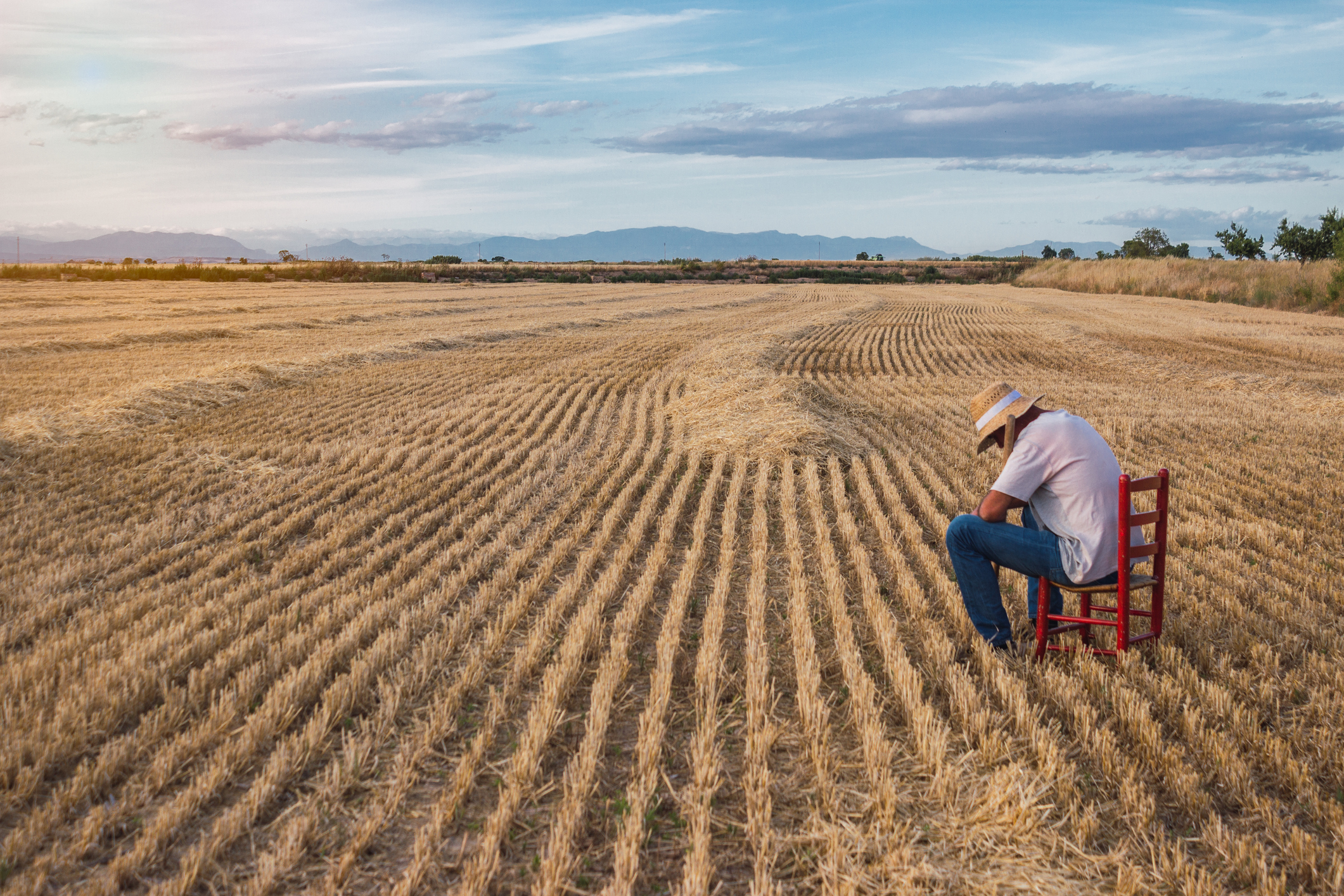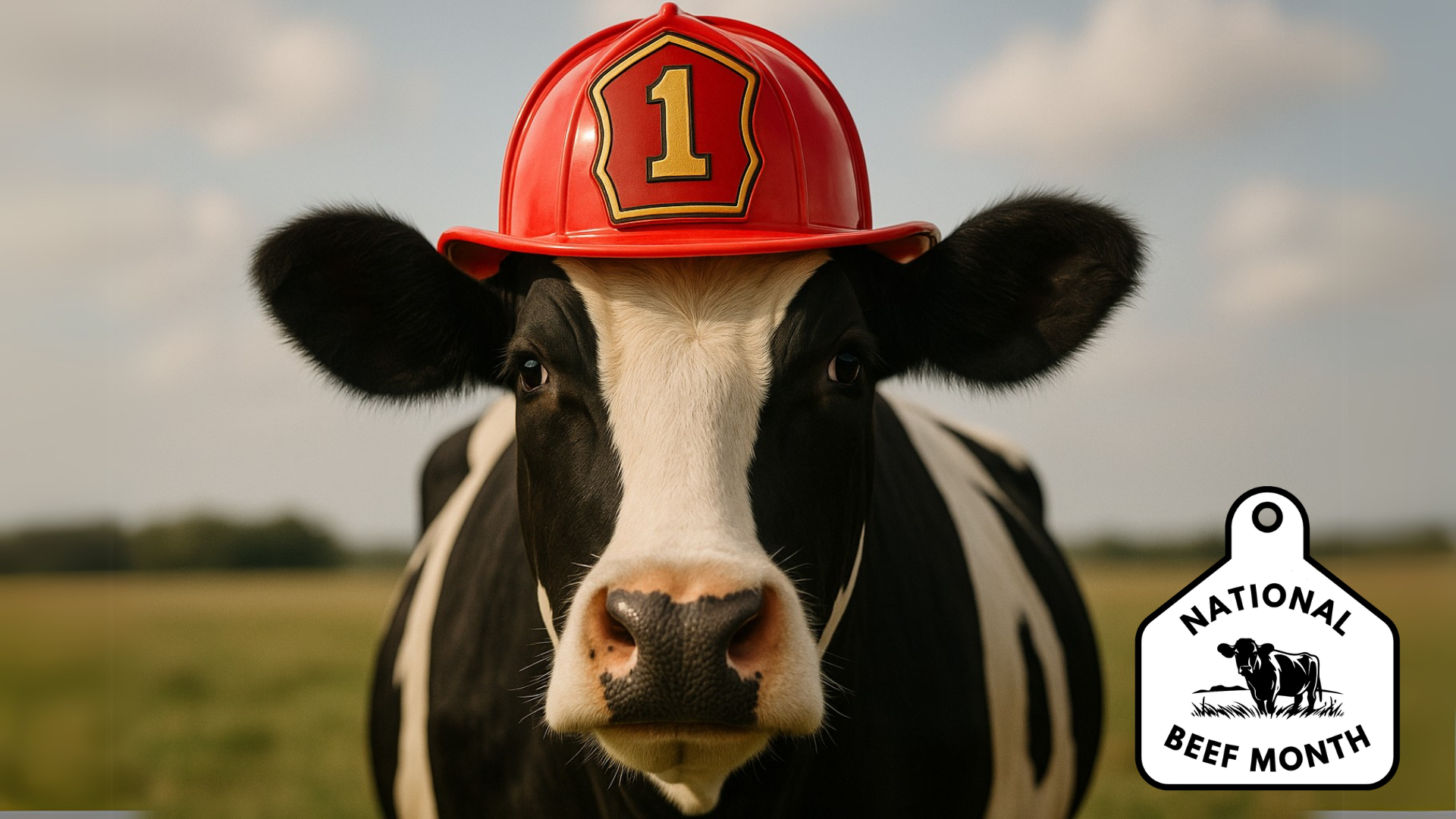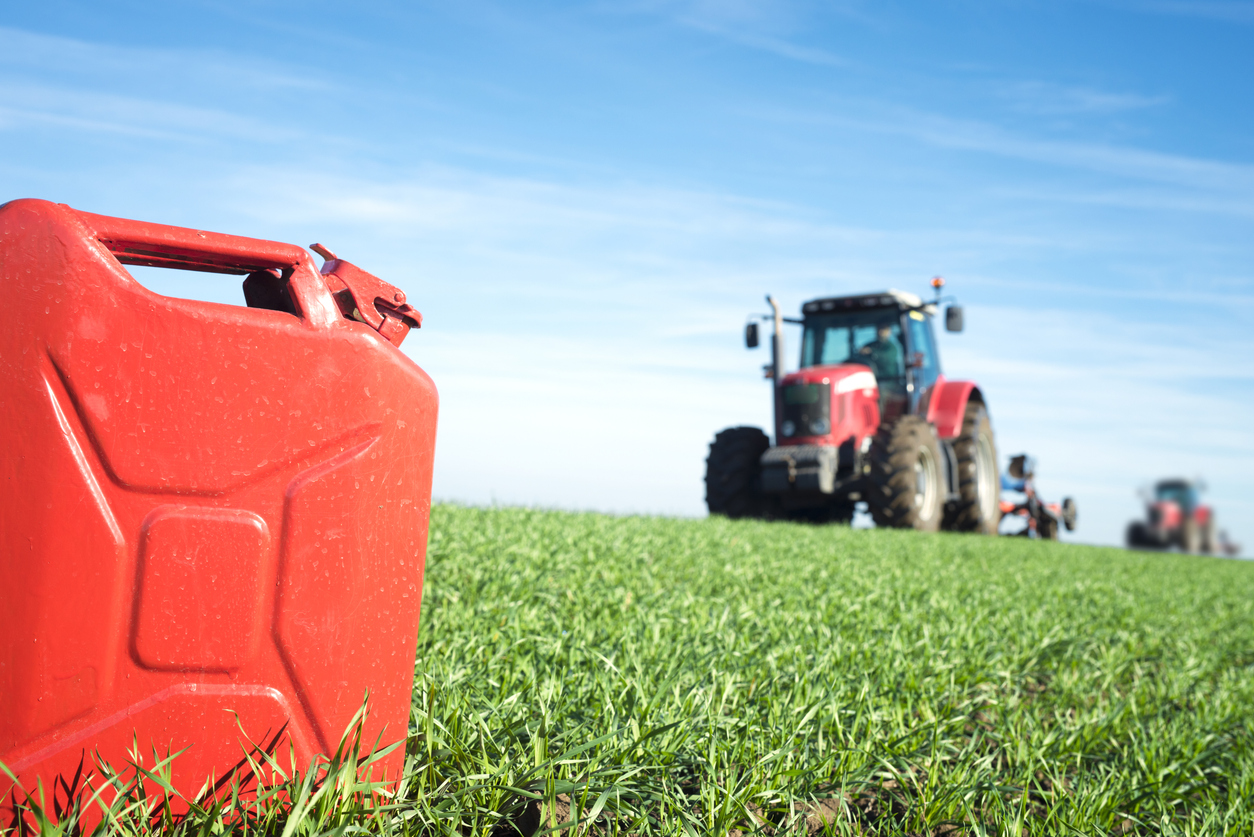Related Articles
At first glance there is no obvious link between House Bill 1067 and House Bill 1141 other than cannabis. The first would move all governance of cannabis in our state to the Washington State Department of Agriculture (WSDA). The second creates a structure for unionizing “certain agricultural workers” in cannabis.
Cannabis isn’t governed as an agricultural product in Washington state. Yet. Not unless HB1067 is passed.
Cannabis is currently governed by the Washington State Liquor and Cannabis Board, providing some parity with the federal government. Under federal regulations, several agencies, the Drug Enforcement Agency and the Food and Drug Administration chief among them, control the rules around cannabis production, processing, packaging, and sales.
If cannabis were governed as an agricultural product, workers in the cultivation, processing, packaging, and sale of cannabis would be considered agricultural or farm workers. A change in worker status would pave the way for the unionization of “cannabis farmworkers” proposed in HB 1141. This legislative proposal seems to be a test of how acceptable farmworker unions in general would be to our state.
Unionization of farmworkers, in addition to the current overtime rules, poses some significant risks to our food producers.
There are several risks that are outside of the control of farmers and ranchers that must be reacted to quickly – inclement weather, pests and other invasive species, predators. Reactions to these risks are team efforts. Whether it is a rainstorm that may ruin a grain crop or ungulates that are tearing through a fence, many hands are needed to save as much of the harvest as possible or improve the fence as quickly as possible. These reactions must occur, sometimes outside regular working hours, without reservations or pushback for the continuation of the business.
In addition to natural risks, farmers and ranchers are still absorbing regulatory and tax burdens, like the cost of overtime pay. Washington state’s farmers and ranchers have noted they are “price takers” in our economy. Price takers are not able to absorb the costs of policies passed on to them through regulation and taxes. When a consumer pays more at a grocery store, the grocery store earns those extra dollars, not the producer. The producer is left with all the burden of regulatory cost and no additional income.
Washington state has several regulatory mechanisms in place to keep employees safe. Our agricultural employers pay some of the highest wages in the United States and are subject to some of the strictest labor laws in the country. It is time for the state to allow employers and employees to work together to establish communications that work for them without a governmental mandate for what that structure should look like.
Most of our farms are less than 50 acres in size (64 percent) and record less than $2,500 in value of sales (43 percent). Targeting the larger farms which pour dollars into our economy through the ripple effect of wages, parts and equipment purchases, property taxes, fuel purchases, and more, only weakens our state and the communities in which those farms are located.






